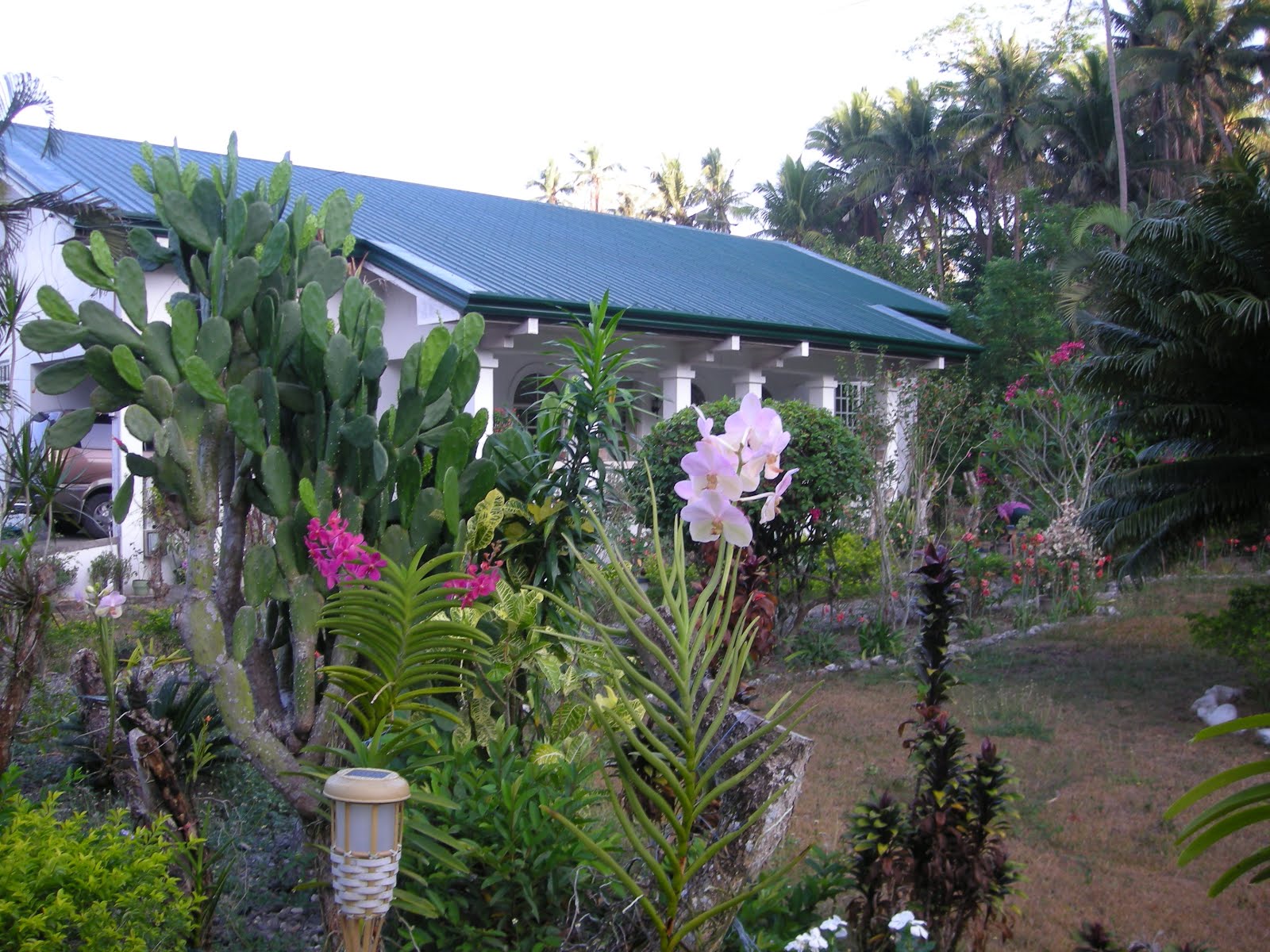José Protacio Mercado Alonzo y Realonda Rizal was born on June 19, 1861 and died on December 30, 1896. He was a Chinese Filipino polymath, patriot and the most prominent advocate for reform in the Philippines during the Spanish colonial era. He is regarded as the foremost Filipino patriot and is listed as one of the national heroes of the Philippines by the National Heroes Committee. His execution day in 1896, now known as Rizal Day, is a national holiday in the Philippines.
He was born to a rich family in Calamba, Laguna and was the seventh of eleven children. He attended the Ateneo Municipal de Manila, earning a Bachelor of Arts, and enrolled in medicine at the University of Santo Tomas. He continued his studies at the Universidad Central de Madrid in Madrid, Spain, earning the degree of Licentiate in Medicine. He also attended the University of Paris and earned a second doctorate at the University of Heidelberg.
Rizal was a polyglot, conversant in twenty-two languages. He was a prolific poet, essayist, diarist, correspondent, and novelist whose most famous works were his two novels, Noli me Tangere and El filibusterismo. These social commentaries on Spanish rule formed the nucleus of literature that inspired peaceful reformists and armed revolutionaries alike.
As a political figure, José Rizal was the founder of La Liga Filipina, a civic organization that subsequently gave birth to the Katipunan led by Andrés Bonifacio, which would start the Philippine Revolution against Spain, leading to the foundation of the First Philippine Republic under Emilio Aguinaldo. He was a proponent of achieving Philippine self-government peacefully through institutional reform rather than through violent revolution, although he would support "violent means" as a last resort. Rizal believed that the only justification for national liberation and self-government is the restoration of the dignity of the people, saying "Why independence, if the slaves of today will be the tyrants of tomorrow?" The general consensus among Rizal scholars is that his execution by the Spanish government ignited the Philippine Revolution. Source: Wikipedia
Note: This is number 6 on my series of articles on famous Fil1pinos, pure or with mixed ancestry, living or dead in the field of entertainment, science, sports, politics or philanthropy. I hope you are proud of their accomplishments whether you have Filipino ancestry or not.

No comments:
Post a Comment